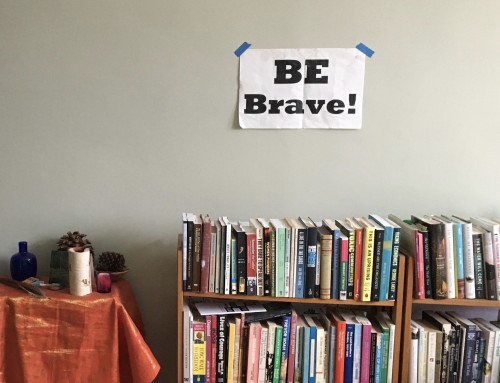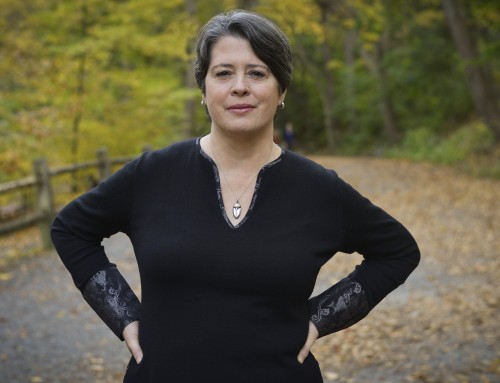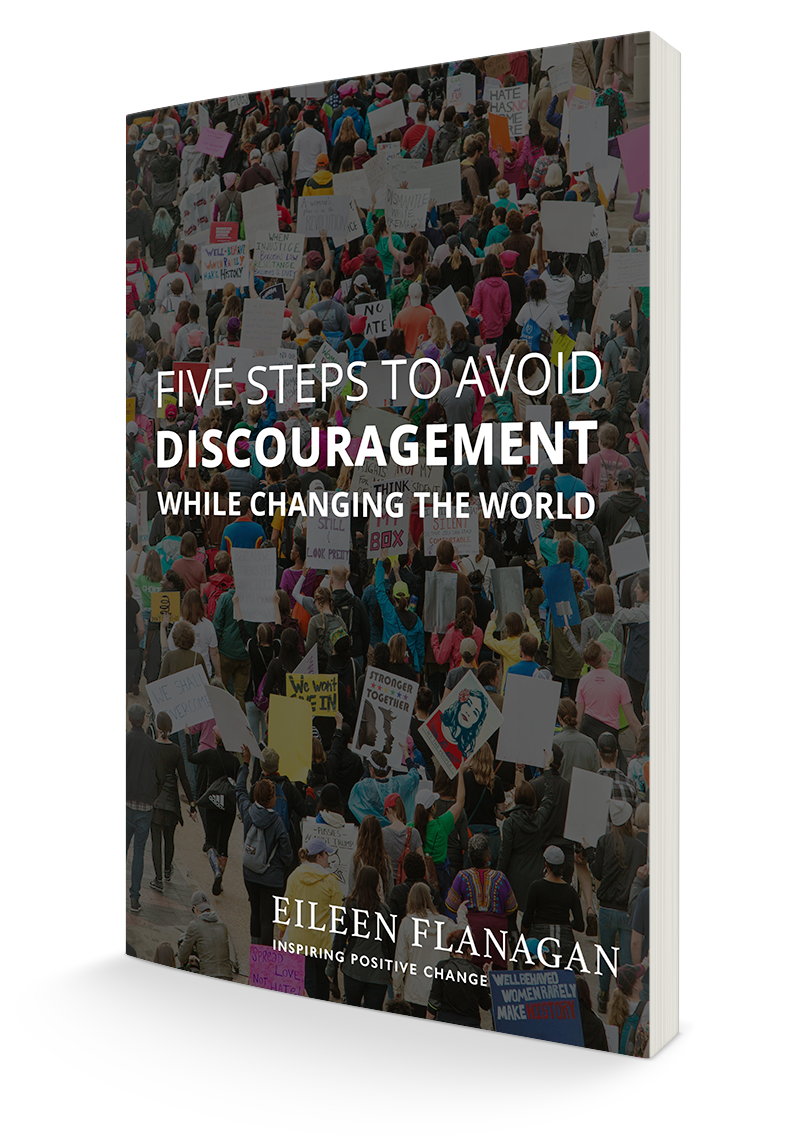I’ve been reading this fascinating book by Daniel Gardner called The Science of Fear: How the Culture of Fear Manipulates Your Brain. One of the things he talks about is how our brains haven’t evolved much since the days when our ancestors learned about new dangers around the campfire, even though our information systems have expanded exponentially. As a result, he argues, we walk around ramped up on fear because of stories we’ve heard, even though we (especially middle class Americans?) live in a much safer world than most human beings in history. His analysis rings true to me. When I got a permission slip for my two children to go on a middle school ski trip, the first thing I thought of was Natasha Richardson, the actress who died last year from bumping her head during a beginning ski class. The chances of that happening to one of my children are so infinitesimal that in a hunter gatherer society I would never have heard of such a thing. But because of the wonders of CNN (my very large campfire), I did hear about it, saw her picture day after day, and that of her grieving husband, Liam Neeson. I’ve also heard about people dying from eating contaminated spinach, from drinking too much water, and from getting locked in a filing cabinet—all unlikely tragedies that Gardner says ramps up our anxiety about everything, even mundane concerns—like do I have anything to cook for dinner?
A hundred pages into the book, I started limiting my news intake. This was particularly easy because the little radio I usually bring to the gym died (again), which seemed like a sign that maybe a CNN break was due. I also found myself listening to a little less NPR when I was driving and cooking. I mentioned this in the talk I gave at Pendle Hill last week, along with the caveat that turning off the news was especially difficult for Quakers who care about and want to be engaged in the world. And then I woke up to the news about Haiti and felt that conflict acutely. I don’t want to shut out the suffering, close my heart to the tragic stories that are flooding out of Haiti. On the other hand, I’m not sure I need to see non-stop images of the suffering. I want to fuel my compassion, but not my fear, though I’m not certain of the best way to do this.
I remember reading about a Tibetan monk who, with the Dalai Lama’s encouragement, agreed to participate in a study by American brain scientists. The monk had practiced a special compassion meditation for about twenty years. As a result, the scientists discovered that when shown pictures of people suffering his brain responded differently than other participants in the study. Instead of activating the parts of the brain that register disgust (and maybe fear?), the monk lit up the parts of the brain that register love. The article didn’t spell out his compassion meditation or explain how ordinary people in a busy world can cultivate it, but I assume his practice did not involve a lot of CNN, though obviously the news has motivated many people to donate time or money to help the earthquake victims. For myself, I need to find those practices that cultivate compassion, rather than fear or powerlessness.




I’ve just come across your site, Eileen (via Twitter) – what a great article for me to start with! Thank you – I’ll certainly be returning, and also looking to get your book. For me, the definition of compassion being when we meet pain with love, rather than with fear makes total sense. Phil
Thanks, Phil. I hope you keep reading. I like the way you put that–meeting pain with love, rather than fear.
Hi Eileen –
I enjoyed reading your article and thank you for it. Just recently we (at home with friends) were also discussing this subject. I hadn’t heard of Mr. Gardner’s book however, and it sounds like a good one.
In addition to meditation & action I often rely upon my FB friends’ posts because they fill me in on more facts than CNN. CNN is too sensationalistic. It is gossip, news and repetition. Through many of my friends their posts are so often more informative, with a distinctly tasteful selection of news from a variety of newpsapers and magazines.
As for fear there is always something to be afraid of. Managing one’s reactions to fear is work for many of us. As parents managing one’s fears remains complicated.
And I agree with you when you say that "cultivating compassion, rather than fear or powerlessness" is the way to go.
Peace,
Kaolin
I am reminded of something said to me by a lovely, gentle Buddhist friend. She explained that she didn’t pay much attention to the news because she didn’t think it was important. She’s involved on a daily basis in helping neighbors, a large network of friends and family, paying school tuition for a number of disadvantaged youth, working in a food bank.
I believe the serenity and generosity with which she approaches life are more important to her than the latest horrific headline.
I too am new to your site after a random google search request, am very pleased to "meet" you.
I was reminded of simplicity and how the older quakers I know often repudiate television to honour this testimony. I think it important to monitor news intake, especially endless news loops of tragedies that befall us, to minimise a fear response. However this doesn’t mean we should remove altogether – so that in practicing quiet compassionate thought we can respond to events like Haiti (as it would be impossible to live in modern western society and not know about this event), and yet not be pulled into deep fear, which can be paralyzing anyway.
Thanks for prompting me to think about this, it’s good to remind each other not to worry.
Thanks, all. And nice to "meet" you, too, Josephine.
I just discovered your blog, Eileen. I appreciate your perspective and am sharing with my friends. Thanks for sharing! Wendy
Thanks, Wendy!